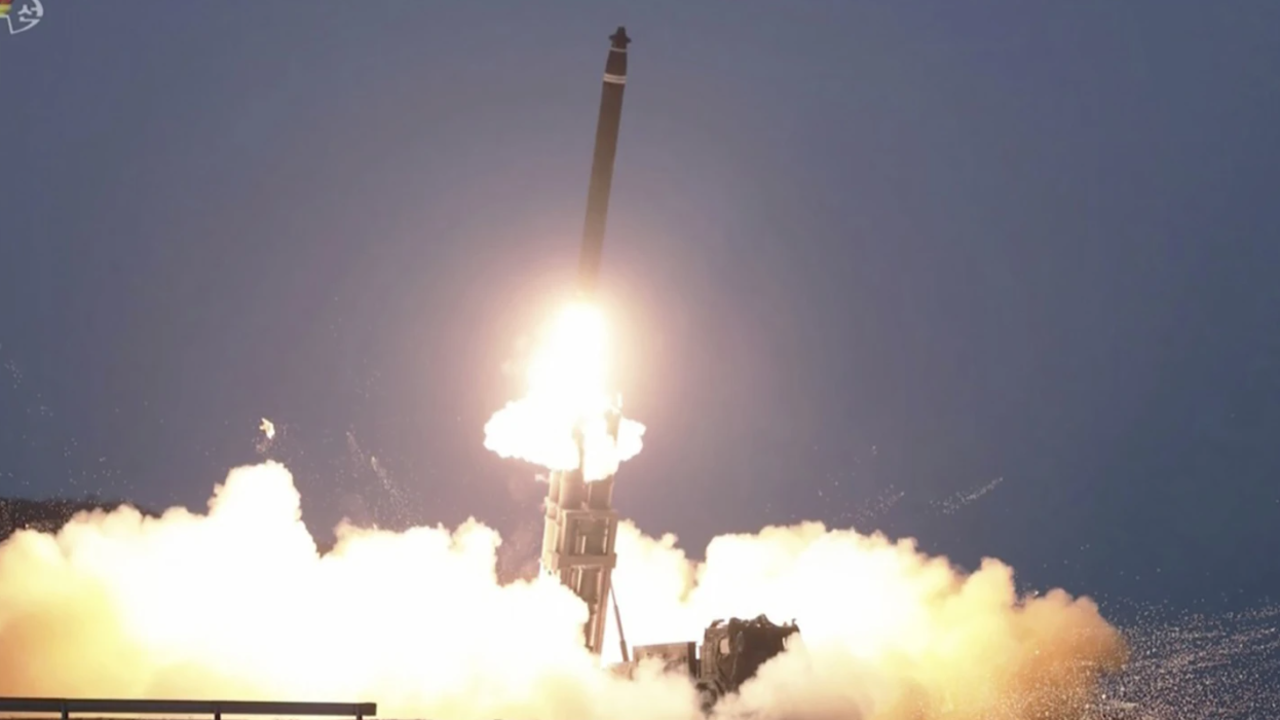
The possibility of Iran developing a nuclear bomb is no longer a distant concern but an urgent geopolitical issue, especially amid rising tensions between Israel and Iran following the targeted killings of Hamas and Hezbollah leaders. On October 1, 2024, Iran launched over 200 missiles at Israel in what was widely viewed as a symbolic display of power. While most missiles were intercepted, causing minimal damage, the strike highlighted the growing tensions between the two countries. Israeli Prime Minister Benjamin Netanyahu responded swiftly, vowing that Iran would "pay for it," while US President Joe Biden urged restraint, calling on Israel to respond "proportionally".
This is the second major Iranian missile attack this year, following a similar strike in April. Although Israel's advanced missile defense systems successfully intercepted most of the projectiles, the psychological and political impact of these attacks remains significant.
Israel now faces a critical dilemma: whether to launch strikes on Iran’s nuclear facilities, risking a regional war, or to maintain its more measured strategy of targeting Iranian proxies in Lebanon, Syria, and other areas.
Iran’s missile strikes on Israel, following the assassination of key figures like Hezbollah’s Hassan Nasrallah, indicate that Tehran is under mounting pressure. The Axis of Resistance, which includes Iran-backed groups like Hamas and Hezbollah, has suffered severe setbacks. Ali Vaez from the International Crisis Group points out that Iran’s missile attacks are a reaction to a series of humiliations inflicted by Israel. However, given Israel’s strong defense systems, these strikes are largely symbolic.
Iran’s leadership, including Ayatollah Ali Khamenei, is facing loss of credibility across the region. The loss of key allies in Lebanon and Gaza has pushed Tehran to respond militarily, though with limited success. The missile barrage in April and the recent salvo of 200 missiles, intercepted by Israel, have had little impact.
As a result, the hardliners within the Iranian government may pressure the regime to take a bold gamble by attempting to develop nuclear weapons. If Iran acquires nuclear weapons, it would drastically alter the balance of power in the Middle East and significantly increase the risk of a large-scale regional war.
Israel, which has long voiced concerns over Iran’s nuclear program, would confront an unprecedented threat right at its doorstep. The situation carries global implications, as countries like the US and its allies could be pulled into a wider conflict, particularly due to their longstanding commitments to Israel's security, as reported by TOI.
Israel has long viewed Iran’s nuclear program as an existential threat. If it believes Iran is nearing the development of a bomb, it may feel compelled to take action, potentially by launching airstrikes on Iranian nuclear facilities. However, the risks associated with such a move are significant. Iran has distributed its nuclear infrastructure throughout the country, with key facilities heavily fortified and deeply buried, complicating any successful strike and necessitating extensive military coordination.
Notably, Israel is already fighting on two fronts: against Hamas in Gaza and Hezbollah in southern Lebanon. Opening a third front with Iran could stretch Israeli military resources thin and increase the risk of a more aggressive counterattack from Hezbollah.
Iran’s nuclear program has been a topic of international tension for decades, but its progress has intensified since the collapse of the 2015 nuclear deal (JCPOA). Following the US withdrawal from the agreement in 2018, Iran has steadily increased its uranium enrichment, thereby reducing the "breakout time" — the duration required to produce sufficient fissile material for a bomb. Current estimates suggest that this breakout time is now just a few months, possibly even just a few weeks.
However, a New York Times article suggests that some nuclear experts believe Iran may need several months, potentially up to a year, to develop a nuclear weapon, rather than just weeks.

